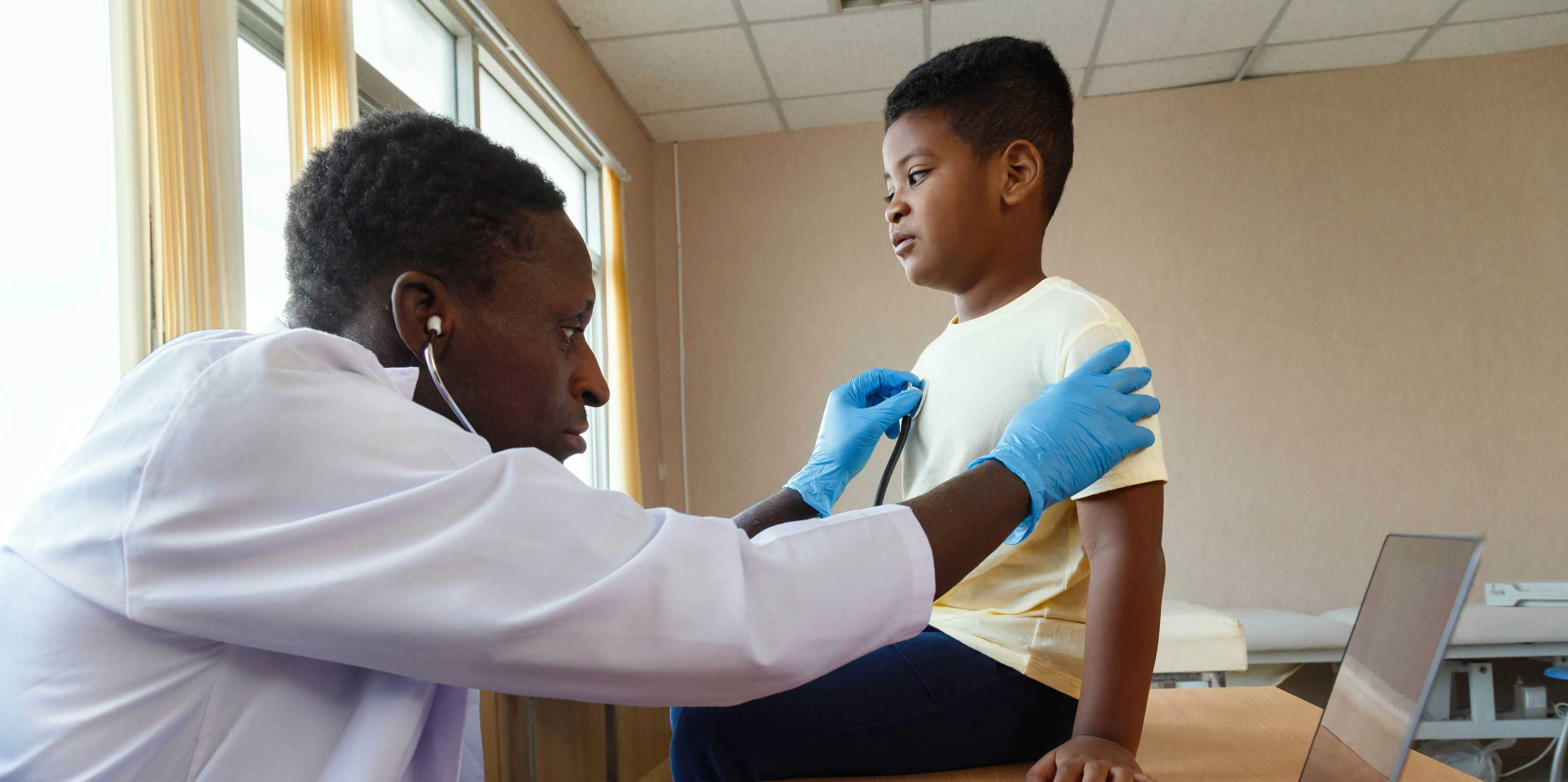Fondation Botnar is donating an additional CHF 50 million to the University of Basel and ETH Zurich to expand the activities of the joint Botnar Research Centre for Child Health (BRCCH). This support will allow to create six new professorships with a research focus on paediatric digital health.

Launched in 2019, the Botnar Research Centre for Child Health (BRCCH) aims to drive innovative health research that benefits children and adolescents globally - especially those living in low- or middle-income countries. Within this centre, the University of Basel and ETH Zurich work in partnership with the University Children's Hospital Basel (UKBB) and the Swiss Tropical and Public Health Institute (Swiss TPH).
Over the past four years, the BRCCH has supported around 80 researchers and 29 research projects worldwide. For example, researchers improved the treatment of cleft lip and palate and developed biotechnology to monitor paediatric gut health or digital tools that support healthy child development. To date, the BRCCH has been supported by Fondation Botnar with a total of 115 million Swiss francs.
"The BRCCH's impressive achievements to date would not have been possible without the unique commitment of Fondation Botnar, the universities, their partnering institutions and the dedicated hard work done by the involved research community," says Professor Georg Holländer, Director of the BRCCH.
New professorships for new expertise
Fondation Botnar's latest funding will support the establishment of six new professorships - three at the University of Basel and three at ETH Zurich. "At 1.8 billion, young people make up a large part of the world's population, but their health and wellbeing are often overlooked in academic research. Since its inception, the BRCCH has driven innovative research in paediatrics and public health, and we hope that our additional investment will further advance this critical research," says Stefan Germann, CEO of Fondation Botnar.
The research areas of the newly appointed professors range from biomolecular diagnostics to the development, application and integration of state-of-the-art analytical methods and an exploration of ethics and politics in digitalised healthcare.
"The use of digital technologies in medicine and the public health system has the potential to transform global health care. However, technological progress must be accompanied by answers to central ethical questions," says Professor Christian Wolfrum, ETH Vice President for Research. The breadth and the focus of the BRCCH's new direction is in line with Fondation Botnar's emphasis on the equitable use of artificial intelligence and digital technologies.
New building for more collaboration
In the coming years, these professorships and their respective research teams will work at a new, modern BRCCH research facility strategically located in the heart of the University of Basel Life Sciences Campus and adjacent to ETH's Department of Biosystems Science and Engineering in Basel.The new building will serve as a synergistic digital health research hub and as an ideal location for interdisciplinary collaboration between individual institutions. "At the same time, we wish to emphasize that ETH and the University are determined to support the cutting-edge research at the BRCCH in the long-term," says Professor Torsten Schwede, Vice President for Research at the University of Basel.
Botnar Research Centre for Child Health (BRCCH)
The BRCCH, which works to better the health of young people, was founded in 2019. Since then, its team has grown to more than 400 participating scientists, including international colleagues from 26 countries. Researchers from the four institutions connected to BRCCH have launched some 29 multidisciplinary and interinstitutional projects, ranging from basic research to the implementation of such research in paediatrics and public health. The founding of the BRCCH was made possible by a CHF 100 million contribution from Fondation Botnar in Basel, which was donated to the University of Basel and the ETH Zurich Foundation.






